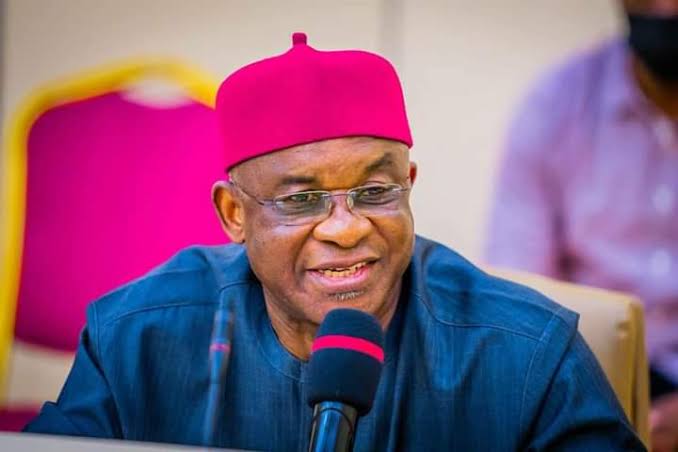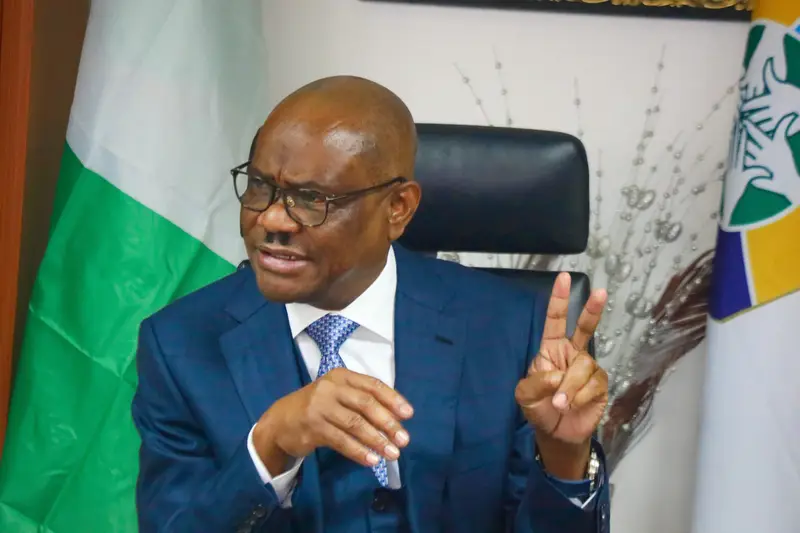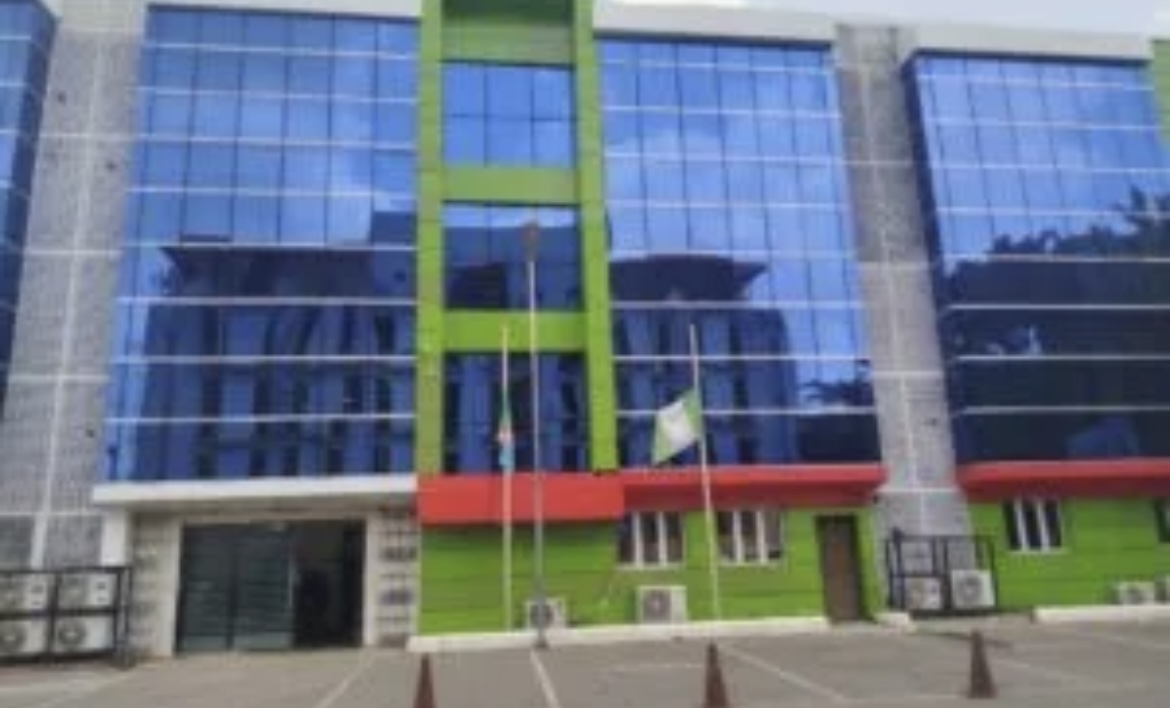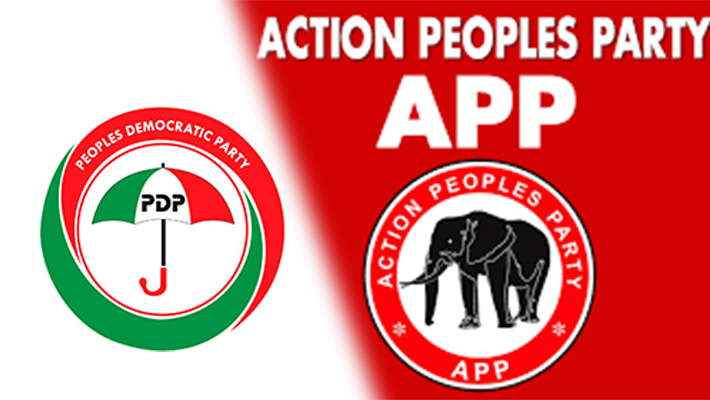2027: APC, ADC clash over northern support, regional interests

Ahead of the 2027 elections, the All Progressives Congress and the opposition coalition, African Democratic Congress, have clashed over which party commands the support of northerners and is better positioned to safeguard their interests.
ADC Interim National Chairman and former Senate President, David Mark, described the poverty, insecurity, and economic hardship in the North as problems caused by the region itself.
This is as a former Secretary to the Government of the Federation and an ADC chieftain, Babachir Lawal, declared that the North, through the National Political Consultative Group has adopted the ADC as its preferred platform to defend its interests and challenge the APC in 2027.
Mark and Lawal stated this on Saturday during the third Expanded Meeting of the National Political Consultative Group (North), held in Abuja.
In reaction, APC Publicity Director, Bala Ibrahim, argued that the ruling party enjoyed support across the country, including the North, stating that Nigerians’ interests were best secured under President Bola Tinubu’s administration.
Delivering a keynote address at the programme titled, “Unity and Social Cohesion as a Panacea to the Challenges Facing Northern Nigeria”, Mark lamented that the North was “bleeding.”
The NPCG (North), which last convened on May 26, aims to foster unity among northern political leaders and strengthen collaboration to function as a cohesive interest group, ideally within a single political party.
On July 1, key opposition figures including former Vice President Atiku Abubakar, Labour Party’s 2023 presidential candidate, Peter Obi, APC’s 2023 presidential aspirant, Rotimi Amaechi, and former Kaduna State governor, Nasir El-Rufai, unveiled the ADC as a unified opposition platform to confront Tinubu in 2027.
Leaders of the ADC have continued to make efforts to secure the buy-in of the North and other regions since the unveiling of the party.
At the programme, Mark urged northern leaders to end the culture of blame and acknowledge that they were responsible for the region’s challenges.
He stated, “It is both an honour and a privilege to stand before you today to speak on a matter that defines our present and may shape our future — the urgency and efficacy of unity and social cohesion as the solution to the challenges facing our region.
“The North as we know is a land of rich history and mineral resources, fertile land for agriculture, diverse cultures, and immense potential.
“In spite of these blessings, we are confronted with deep-seated challenges of insecurity, poverty, ethnic and religious tensions, political fragmentation, social and economic stagnation. These challenges did not develop overnight nor will they disappear until we resolve to take deliberate, collective and decisive action.
“We must first admit that we are the architects of our problems, we must stop the blame game if we truly and genuinely want to find a lasting solution.”
The former Senate President further stated that division had hindered the North’s progress, while apathy and lack of action had only widened the existing rift.
“If we are to overcome our present travails, we must return to the principles of justice, equity, mutual respect, and shared purpose that once made Northern Nigeria a beacon of hope, peace, unity and development.
“Over the last decade, banditry, terrorism, insurgency and communal clashes have turned our villages into battlegrounds, displacing millions and crippling our economy. Despite its vast resources, the North remains the poorest region in the country, with alarming rates of illiteracy, unemployment and poor infrastructure.
“Mistrust between and among ethnic groups and religious communities has been exploited by selfish and desperate interests, leading to violent conflicts. Instead of uniting for common goals, our elites often prioritise personal and sectional interests over collective progress.
“The challenges facing Northern Nigeria are intricately interconnected. Insecurity scares away investors which, in turn, deepens poverty. Poverty fuels desperation and crime. Ethnic divisions weaken our collective resolve to demand good governance. Political fragmentation ensures that no meaningful development takes root in our region. This is not the North that we inherited,” ADC interim National Chairman added.
He revealed that a brighter future was possible for the North, emphasising that it starts with a shared commitment to reject division and embrace unity.
Mark stated, “We must tone down our inflammatory statements and return to that golden era when we used to have genuine and deep respect for each other. After all, not long ago we treated each other, first and foremost, as brothers and sisters; when the appellation Northerner captured our collective essence before our ethnic, sectional and religious affiliations.”
To restore the region’s greatness, Mark emphasised the need for northerners to reflect on and reassess their words and actions.
He called on all northerners to see it as a solemn responsibility to foster unity and serve as bridge-builders within their local communities, rather than as agents of division.
Mark added, “Too often, as politicians, we exploit ethnic and religious differences in order to win elections, and thereafter, we leave our people hopelessly divided. The destructive weaponisation of ethnicity and religion we saw in the last election is unacceptable.
“This is where the African Democratic Congress will make the difference. For us, politics is about service and not manipulation.
“The major cause of division in Northern Nigeria is the perception of marginalisation. We must ensure fairness in appointments, resource allocation, and opportunities. Resentment grows when any group feels excluded. But when all see themselves as equal stakeholders, peace flourishes.
“Ignorance is the biggest enemy of unity, social cohesion and development. We must invest in education that teaches our children the value of diversity. Let our schools, churches and mosques preach tolerance. Let our media promote stories of cooperation. For as long as we continue to treat investment in education with levity and frivolity, for that long shall we continue to reap poverty and insecurity.”
The former Senate President stated that poverty breeds desperation and violence, emphasising that by generating employment, investing in agriculture, and empowering the youth, the North can eliminate the drivers of crime and insurgency.




